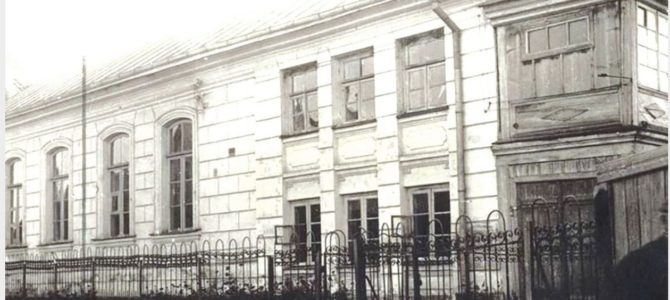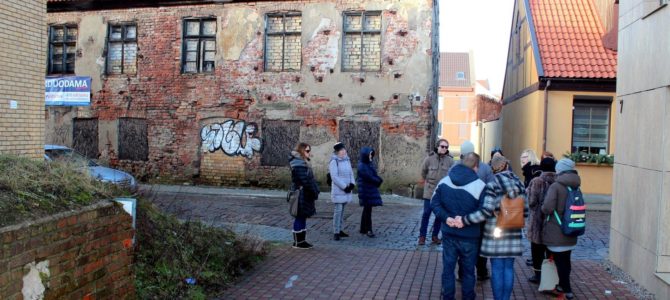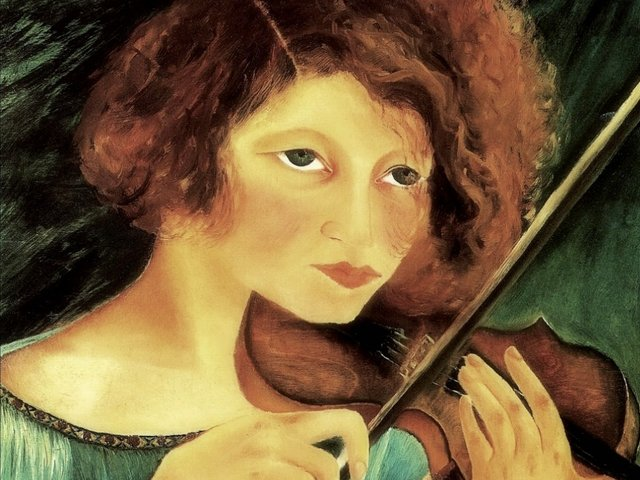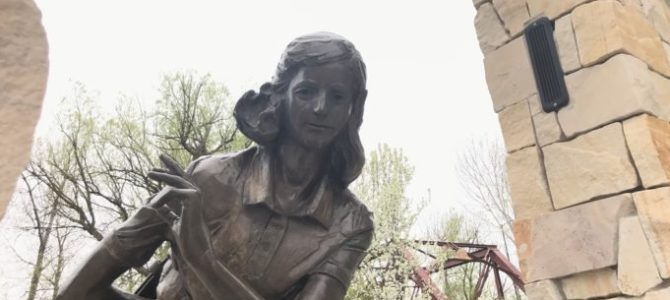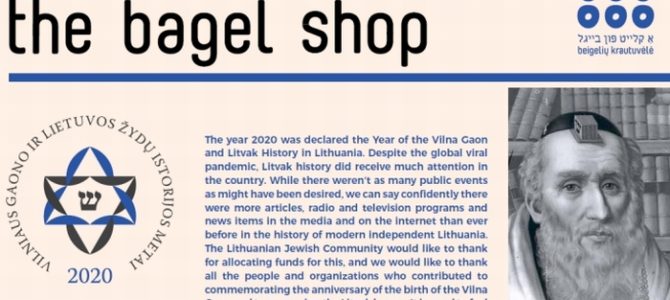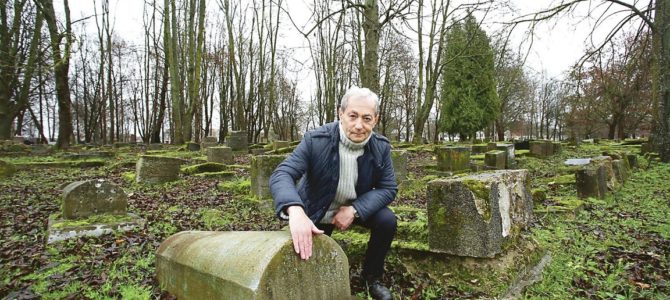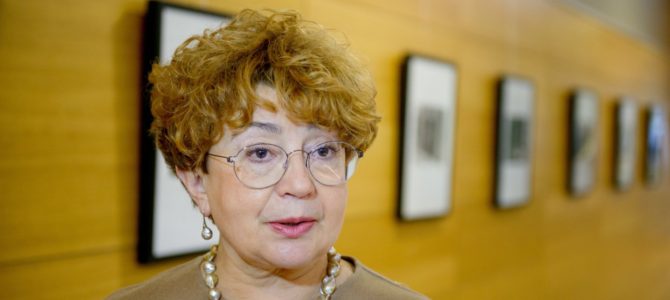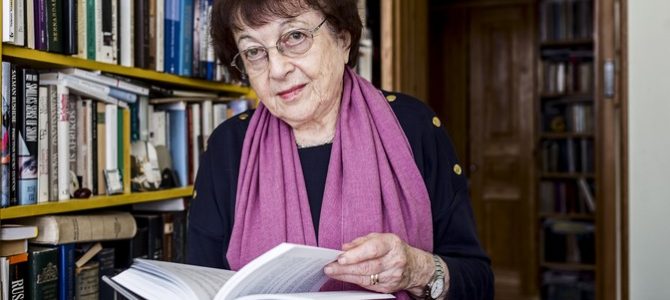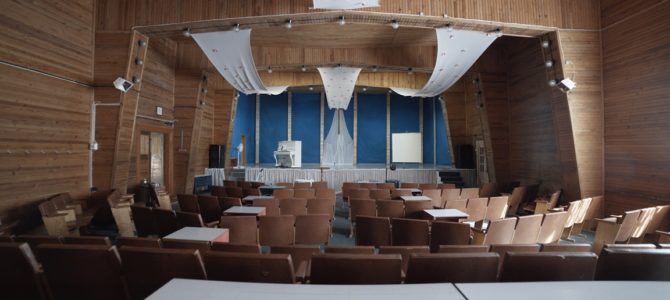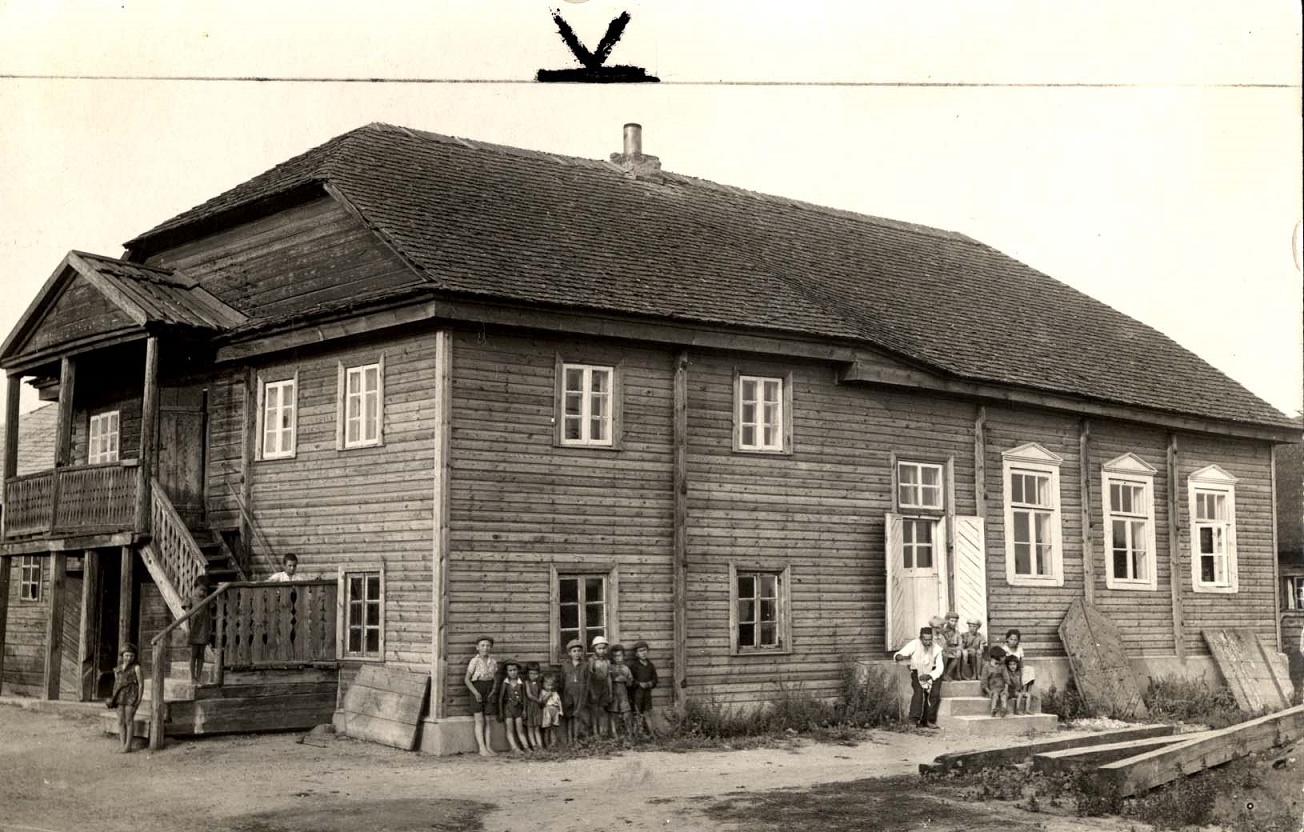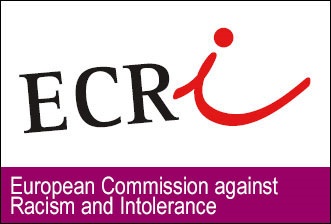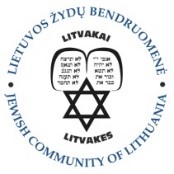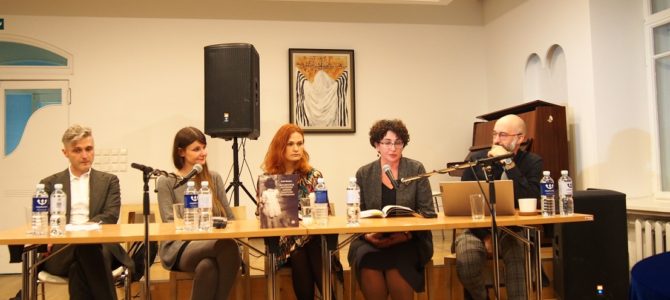The Holocaust is the worst tragedy of humanity in the 20th century and its consequences remain the object of study of famous scholars, historians, artists, film and state directors and the best authors and poets of our time. The sum of their work brings us back into the past, recalling the horrific atrocities of the Nazi era and cautioning us against further crimes against humanity as the Holocaust makes us say and think, “never again.”
The Lithuanian Jewish Community hosted Dr. Ruth Reches’s presentation of her new book on personal identity and the Holocaust on October 19. Besides teaching Hebrew, then becoming acting principal and now principal at the Sholem Aleichem ORT Gymnasium in Vilnius, Ruth Reches recently defended her doctoral thesis in psychology.
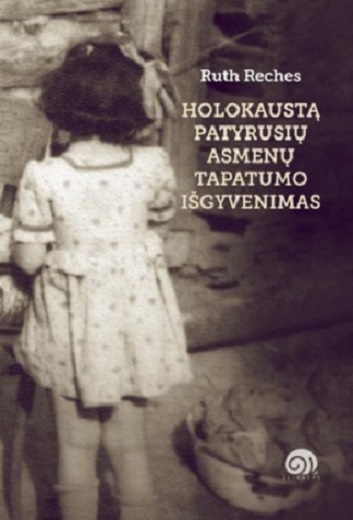
Her book “Holokaustą patyrusių asmenų tapatumo išgyvenimas” [The Experience of Identity by Holocaust Survivors] is based on her doctoral thesis. She examines how Holocaust-induced trauma changed the identity–self-identity, personality and values system–of its experiencers during the war and long after.
There has been research on how the pain experienced during the Holocaust doesn’t just affect victims directly, but can be passed on generationally, even to the third generation. Ruth Reches, the granddaughter of a ghetto prisoner, drew on her own experience in presenting the book.
“It’s crucial to understand the feelings and thoughts of the people who went through the Holocaust. As time passes we will in the future only have a chance to interpret their emotional legacy. I often think about how the war changed the life of my grandparents. What would they have become if the war hadn’t happened? Who would I be? Even 70 years after the war, Holocaust survivors continue to live with the past. This tragedy affected their emotional, social and spiritual development,” she said.



